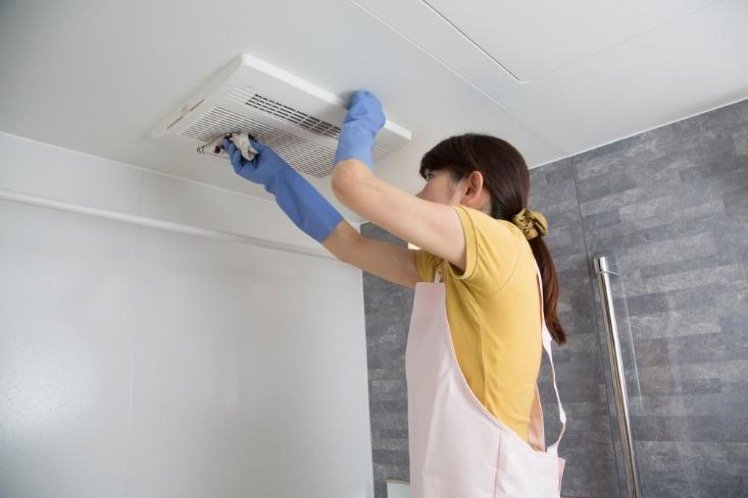How to Save Big Money With Small Home Maintenance Tasks

Here’s just a short list of the expenses new homeowners incur when they purchase their first property:
- Inspection fees
- Appraisal fees
- Brokerage fees
- Processing fees
- Underwriting fees
- Credit report fees
- Title insurance fees
- Homeowners’ insurance fees
- Signing fees
- Recording fees
- Property taxes
- Moving expenses
Even the least expensive home in the cheapest corner of the country demands thousands of dollars to acquire - and then homeowners are expected to have money left over for home maintenance. Fortunately, there are ways to cut costs on home maintenance without endangering the investment. Here are a few of the most significant ways homeowners can reduce their maintenance expenses today.
Get a Home Warranty
If your home tastes tend toward the old and charming, you will likely need to perform more maintenance on your home than most. You might expect that to mean either you need to be exceedingly skilled in the handyman arts or you need to have enough money to pay a professional to do your fixes for you. Fortunately, there is a secret third option: acquiring a home warranty.
Home warranties split the difference between doing every home maintenance task yourself and hiring a contractor for every little thing. With a home warranty, you pay a monthly fee to protect the complex and integral systems around your home, like your large appliances, plumbing, electrical and HVAC. Should one of these systems break down, your warranty provider will send a professional to repair or replace the system as necessary. You will pay a small service fee for each visit, but that will be dramatically less than the full cost you would otherwise incur.
Home warranty programs vary, so it is imperative that you shop around to find the plan that fits your home and your maintenance needs. You should talk to warranty providers, read online reviews and consult with realtors to get the best deal. Then, you should focus your energies on smaller maintenance tasks to prevent the development of larger, costlier problems around your home.
Change Air Filters on Schedule

Your HVAC sucks air from your home, cools or heats it and then blows it back into your rooms and hallways. To prevent dust and debris from settling inside the machines and vents, your HVAC has a filter installed over the intake, so the filter will catch all that dust and debris first.
As you might expect, your filter will get congested with junk over time, forcing your HVAC to work harder to pull in an adequate amount of air. Thus, to keep your HVAC working optimally, you need to replace your air filters regularly. Experts say you should religiously install new filters every three months — every month if you have pets and/or bad allergies. If you want to avoid the expense of purchasing brand-new filters this often, you can invest in reusable filters that you clean and reinstall.
Test Smoke Alarms
Here’s a scenario: You wake up at 2 A.M. to a piercing beep; then, at 3 A.M., and at 4 A.M., the beep sounds again and again all night long, preventing your beauty sleep. It’s your smoke detector, telling you its batteries are dead.
Here’s a worse scenario: You sleep soundly as the odorless carbon monoxide seeps into your room. Without waking, first your pets by your bed expire, and then you pass into oblivion, all without waking. Your smoke alarm should have notified you of this toxic gas, but you never checked to see if it was working properly.
To avoid the first scene, you can hardwire your smoke alarms into your home’s electrical system, preventing the need for regular battery changes. Then, once per month, you should press the “test” button on each device in your home to ensure they are all working properly.
Clean Behind Appliances
You might knock the frost of your freezer’s shelves every so often or clean the lint trap in the dryer whenever you do laundry, but you should be doing more to improve your appliances’ efficiency and prevent excessive damage to your home.
Though it is undoubtedly laborious, you should pull your appliances away from the wall and clear out all the dust and debris accumulated underneath and behind them. Doing this reduces the risk of fire by taking away highly flammable material resting near heating elements and electrical outlets. Additionally, dust and debris often makes appliances work harder to heat, cool or perform the task they are intended to do. Plus, this chore eliminates dirt and grime that could clog your air filters or exacerbate allergies. It is a win-win-win that you shouldn’t ignore.
More to Read:
Previous Posts:




